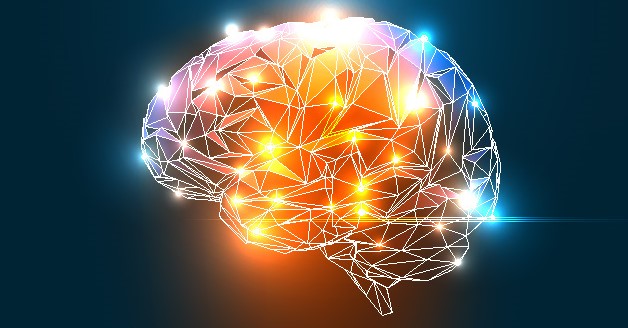10 Must-Do Priorities to Reinvent Brain Health in the Digital Age
September 8, 2016//Comments Off on 10 Must-Do Priorities to Reinvent Brain Health in the Digital Age
 ———-
———-
To shape the strongest and most timely agenda for the upcoming 2016 SharpBrains Virtual Summit (December 6–8th), we asked our distinguished Steering Committee to discuss key challenges and opportunities to Reinvent Brain Health in the Digital Age.
A number of highly stimulating conversations led to the following ten priorities, which will serve as our guide to invite world-class experts and pioneers to speak at the Summit. Stay tuned!
- 1. Brain health for what: How can we better link brain health and other meaningful outcomes such as lifelong learning, workplace performance and resilience, general happiness and well-being?
- 2. Incorporate community into the brain health mix: What role should community and family members play, and how can technology aid their efforts; for example by providing access to medical records and easing communication with doctors and caregivers?
- 3. Expand monitoring of brain function: How will we effectively monitor (and self-monitor) brain function and health? Given strong agreement with “Doctors should monitor cognitive health systematically, especially when prescribing new medicaments,” what role can pharmaceutical companies and insurers play in making that happen?
- 4. Harness Big Data and machine learning: What role can artificial intelligence play in brain health, and how will we measure the brain health of AI-enhanced systems? How can we use AI symbiotically with the human part of the equation?
- 5. Accelerate scientific validation of digital medicine initiatives: What techniques and approaches, beyond randomized controlled trials, can help assess what works and what doesn’t, and accelerate the innovation process and help ensure proper adoption?
- 6. Mastering the digital toolkit: What are the Pros and Cons of the growing range of non-invasive neurotechnologies–cognitive training, meditation apps, virtual/ augmented reality, EEG, tDCS, ultrasound, and more.
- 7. Improve brain literacy: How are we going to educate and empower everyone with essential knowledge and best practices, increasing the emphasis on enhancement and prevention?
- 8. Personalize brain health prevention and treatments: What kind of one-time or on-going brain/ mental health assessment can help pinpoint individual needs, and how can brain-computer interactions help create a bidirectional relationship between a person and the surrounding technology?
- 9. Invest in early brain development: How do we act on the research showing early childhood interventions improve brain health and alleviate downstream societal problems? What types of digital exposures help, and which ones hurt?
- 10. Engage non-medical funding sources: What is the most important (and well-funded) “low-hanging-fruit” in education, sports, the military, large corporations, where brain health innovation should be part of the solution, and how can scalable, digital tools become part of the conversation and budgets?
———-
Learn more & register Here (10%-off discount code: sharp2016)
Nominate a great speaker Here
Have a great month of September!
Posted in Technology & Innovation
About SharpBrains
SHARPBRAINS is an independent think-tank and consulting firm providing services at the frontier of applied neuroscience, health, leadership and innovation.
SHARPBRAINS es un think-tank y consultoría independiente proporcionando servicios para la neurociencia aplicada, salud, liderazgo e innovación.


